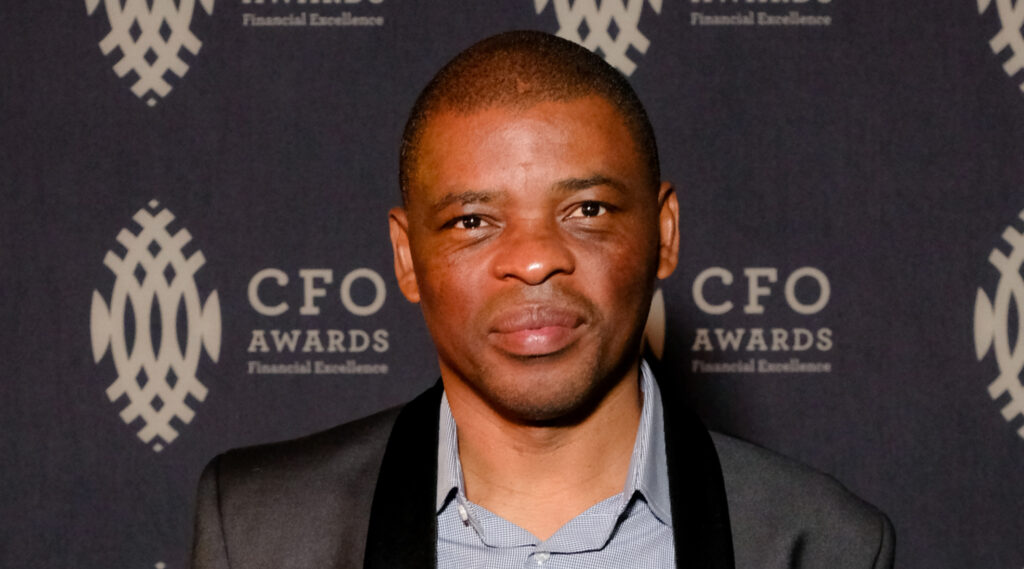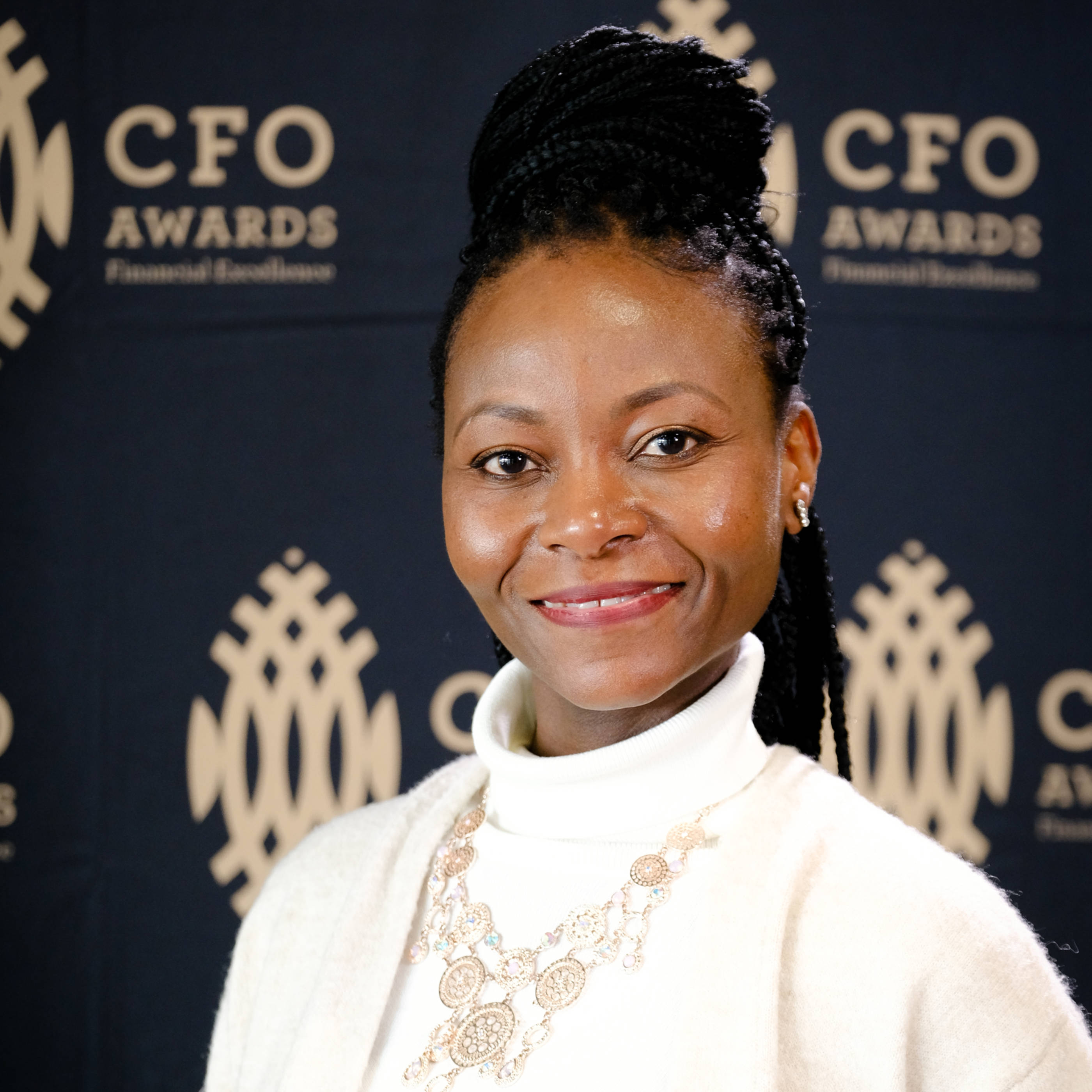Liquid Intelligent Technologies CFO Sandile Ntsele on finding success in new territories.
Sandile Ntsele is CFO of Liquid Intelligent Technologies, Africa’s largest fibre company. In a career spanning over 20 years, he has worked in both African and Middle East markets.
A qualified CA, Sandile spent most of his career at MTN. The various roles he took on there saw him being part of teams that established new offices and led turnarounds in locations ranging from South Africa, Nigeria, Cameroon and Zambia.
Working across regions
His experience in these various markets, each with their own nuances, have given Sandile a definite point of view on the challenges that come with operating in various countries and how to address them. He says the challenges he’s faced over the years have been varied.
“Depending on the business, the issues may be basic requirements such as availability of good infrastructure or more complex ones such as availability of local capital funding, sourcing foreign exchange (hard currency) to fund forex-based transactions, and ability to return capital to shareholders,” he says.
“For instance, in the telecommunications space, power availability is an important necessity to power telecommunications equipment. If it’s not adequate or gets interrupted often, it means investing in power generating alternatives, which can negatively impact the overall business case and the returns promised to the owners of the business. If those basics don’t exist or are inadequate, it makes it difficult and expensive to run the business sustainably over time without having to hike prices to make up for the gap.”
Other common issues that he says confront many companies when expanding on the continent are complex and at times unpredictable regulatory environments, political uncertainty, complex legal systems and at times, challenges in strategy alignment with local shareholder partners.
The CFO as a solutions finder
He says the role of the CFO in these situations is to lead with solutions: “These challenges ultimately have impacts on returns of the local business and, ultimately, the shareholders. It is in the CFO’s domain to look at how each challenge will impact projected returns and, after that assessment , determine what the appropriate cause of actions is. In some instances, one continues to implement projects and in others you simply walk away either due to lack of visibility on returns and/or risks exceeding returns.”
He says the stakes are high when a company is on an expansion drive and it’s crucial for the CFO to understand the investment environment as quickly as possible.
“In the early phases, you have to get a grasp of the terrain, understand the challenges, risks and directly cost/cater for these in your business model. You also have to understand the remedies you will have to apply to address certain challenges and determine if, after costing them, the returns are net positive or net negative. If you are comfortable with your overall business case and that you have considered the downsides sufficiently, then you can go ahead and make the decision to invest in a particular market/project.”
The need to evolve skills
Another challenge and opportunity that Sandile noted while working throughout the continent is the lack of availability of local skills. Due to lack of depth in some markets and, to a certain degree, the education systems, it always is a challenge to source all the talent you need locally.
Almost all companies compete for the same country talent resources, he says. This is part of the reason why in most businesses, there is still a large contingent of expatriates placed in various markets. In some instances, businesses have no choice but to hunt country expatriates who live in other countries to return home to fill the skills gap.
This gap also points to deficits in the education system on the continent. Sandile says, “If you compare with international markets, our systems aren’t evolving fast enough. There is so much innovation and new business models that are coming up year in and out, however our higher education systems and qualifications are not evolving appropriately and fast enough. The gap between what business and society require for innovation and the education available seems to be growing bigger and bigger all the time.”
The advent of telecommunication and connectivity as an example has created businesses and ways of doing things that we didn’t have just 30 years ago and this will continue to be the case going forward, he says. For instance, in recognition of the emergence of new business models, you can now enrol for a degree specialising in telecommunications in most advanced economies. “The African continent needs to evolve its education and training programmes and speed up the pace of change to avoid being continually left behind,” Sandile says.
Self-development
Sandile knows all too well how quickly industries can change. Throughout his career, he has seen shifts in the role of the CFO. “Accountants and auditors used to be mainly numbers driven and focused on making sure that our spreadsheets were adding up and presented according to the prescripts of the technical accounting and related standards,” he says. “That has changed: CFOs are partners and strategic advisors to the business. We are the people who play a crucial role in creating and preserving value on behalf of the shareholders or business owners.”
He says the finance role is no longer just about numbers, but more about strategy, business development, new opportunities, risk management, leading the organisation efficiently, partnering with exco and being an important voice, because company boards are increasingly relying on the CFO for sound business advice and decision-making.
He says continuous development is a crucial component of the job: “Look at developments such as Artificial Intelligence (AI), Quantum Computing, robotics, digitisation, cryptocurrencies, fintech, cloud, convergence, etc. and the changes they will bring. CFOs have to be at the table on all these innovations and evolutions to guide the business on the right course, as a wrong turn can be very costly. The old ways of doing things are shifting and will eventually disappear.”
An avid reader, he says a lot of his self-development comes from keeping himself informed. “I am currently spending a lot of time studying crypto-currencies, as these I believe will soon be part of the day-to-day ecosystem. I am preparing myself to understand what the future impact will be and how it will affect my way of life. The next topic on my list is quantum computing.”
Apart from his own research and study, he also consults colleagues and business partners generally. In addition, he also attends workshops and webinars through platforms such as CFO.co.za to keep abreast of trends and best practices. He is planning to enrol in an Advanced Management Programme (AMP) through Harvard.
Having become a CFO at the age of 32, he says these experiences have become the very ones he is proudest of professionally. He points to the successful turnaround in two markets he worked in. “One was growing market share to sustainable levels and the other was arresting the decline and putting the organisation on a stable and sustainable footing. It’s important to note that this was a collective team effort and not just one or two individuals’ efforts.”
He attributes most of what he became in life to his mother and grandmother. “They always insisted that I take education seriously, and they were right.” He attributes the career choice to his high school accounting teacher, who provided him with a lot of career guidance throughout his high school years.
Outside of work
When he’s not working, Sandile spends a lot of time with his wife and four children. His wife is also a CA. He says having a spouse with the same background has been great for them: “It has been wonderful to have someone who understands the pressures, long hours, hard work.”
A music fanatic, Sandile loves smooth jazz and old school music. Before the pandemic he enjoyed get-togethers at friends’ homes. “We spend time sharing music and everyone brings something to the table.”
His signature dish is oxtail and he is looking forward to getting back to the ‘chill sessions’ after the pandemic, when friends can gather again.











